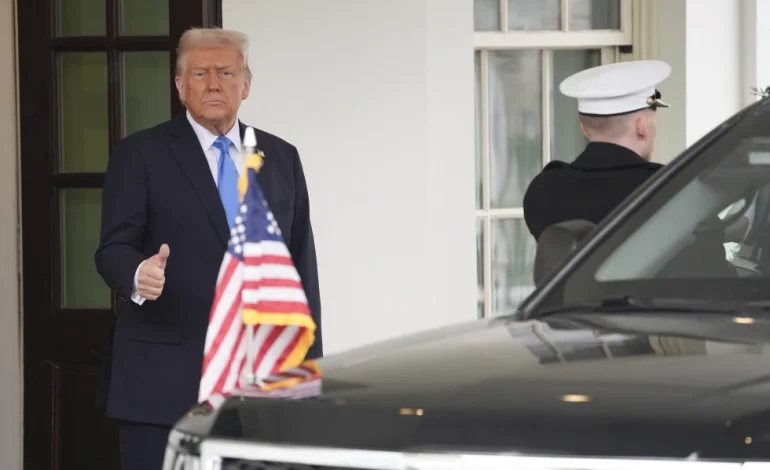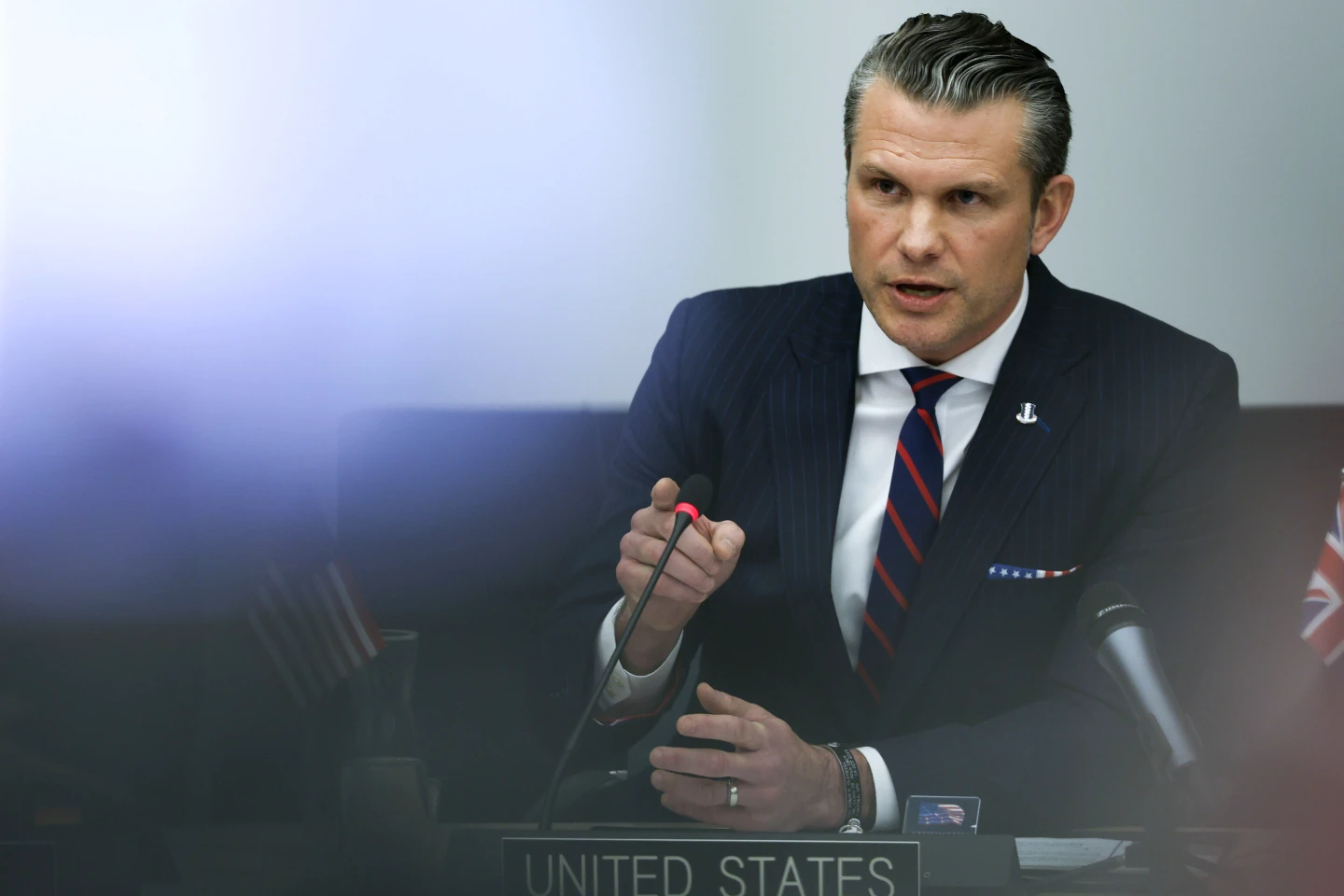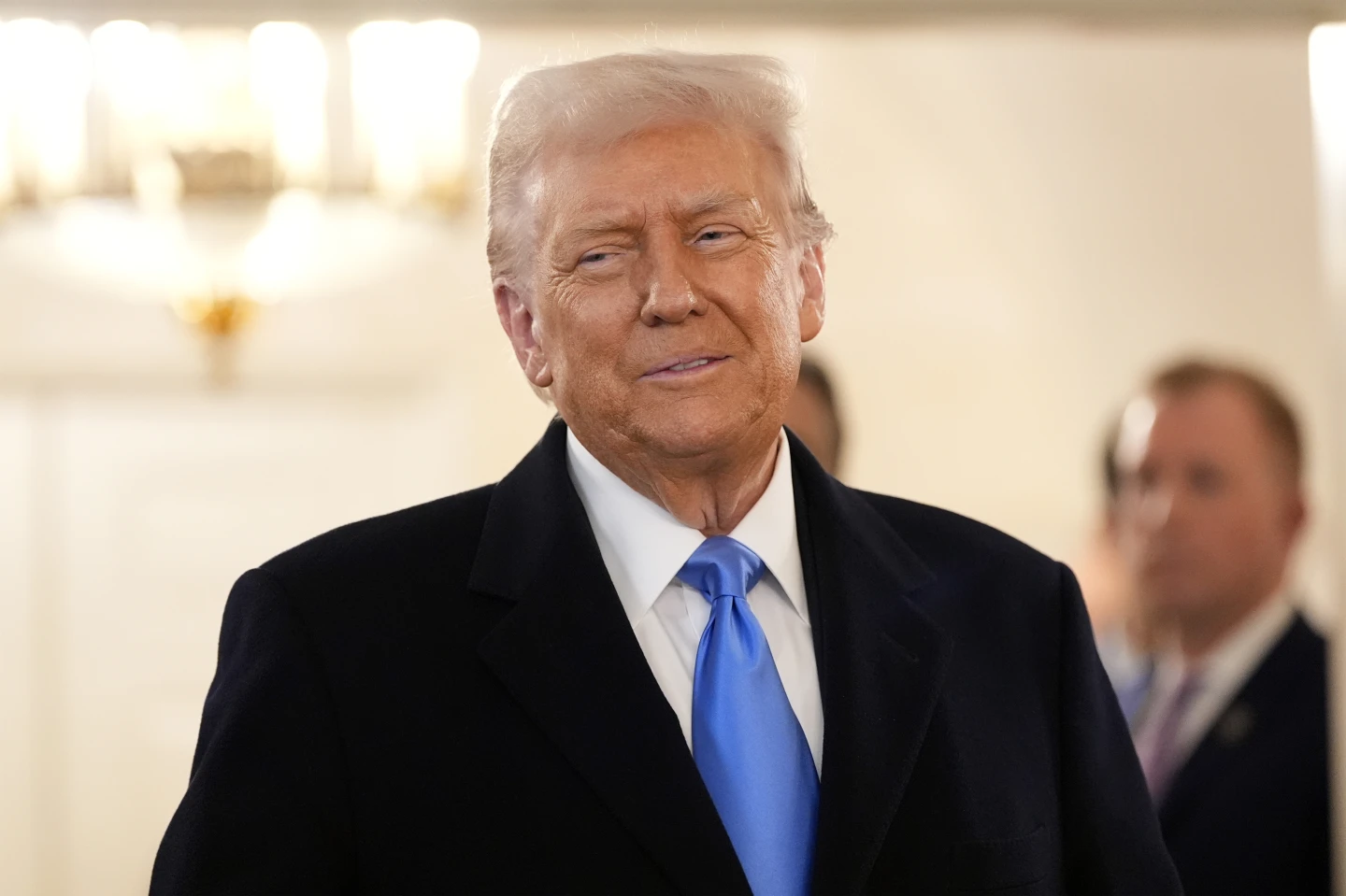Trump Administration Moves Toward Reciprocal Tariffs, Aiming for Fair Trade Practices

President Donald Trump is poised to take further steps to reshape US trade policy, with plans to sign an executive order as early as Wednesday that would align US tariffs on imports with the rates imposed by other countries, The Associated Press reports.
The move, described by the President as a push for “reciprocity,” seeks to ensure that American businesses and consumers are not disadvantaged in global trade.
“It’s time to be reciprocal,” Trump told reporters earlier this week. “You’ll be hearing that word a lot. Reciprocal. If they charge us, we charge them.”
While the President initially suggested the order could come on Tuesday, no official announcement was made. When asked if the order would be signed on Wednesday, Trump responded, “We’ll see what happens.”
The proposed reciprocal tariffs represent a significant shift in U.S. trade policy, with the potential to impact a wide range of industries. According to the US Census Bureau, the country imported $4.1 trillion worth of goods last year, meaning the new tariffs could lead to higher costs for American consumers and businesses. However, the administration argues that these measures are necessary to level the playing field and protect US interests in global markets.
Trump’s trade policies have already sparked reactions from key trading partners. For example, the President recently imposed a 10% tariff on China over its role in the production of fentanyl, prompting retaliatory measures from Beijing. Additionally, Trump has signaled readiness to impose tariffs on Mexico and Canada if he believes these nations are not doing enough to address illegal immigration and drug smuggling. On Monday, the administration also closed exemptions on steel and aluminum tariffs imposed in 2018, while raising rates on aluminum imports.
The President has framed tariffs not only as an economic tool but also as a diplomatic lever. He has suggested that tariffs could encourage trading partners to allocate more resources to combat issues like illegal immigration and drug trafficking. Furthermore, Trump has repeatedly highlighted the potential for tariff revenues to offset planned income tax cuts, a key component of his broader economic agenda.
While the administration’s approach has drawn both support and criticism, analysts caution that the full impact of these measures will depend on the specifics of the tariffs and how other nations respond. Some experts warn that retaliatory actions by trading partners could disrupt global growth and strain relationships with allies and rivals alike. However, Trump’s team remains optimistic, with several aides privately stating that the President’s long-standing goal has been to achieve reciprocity in trade.







